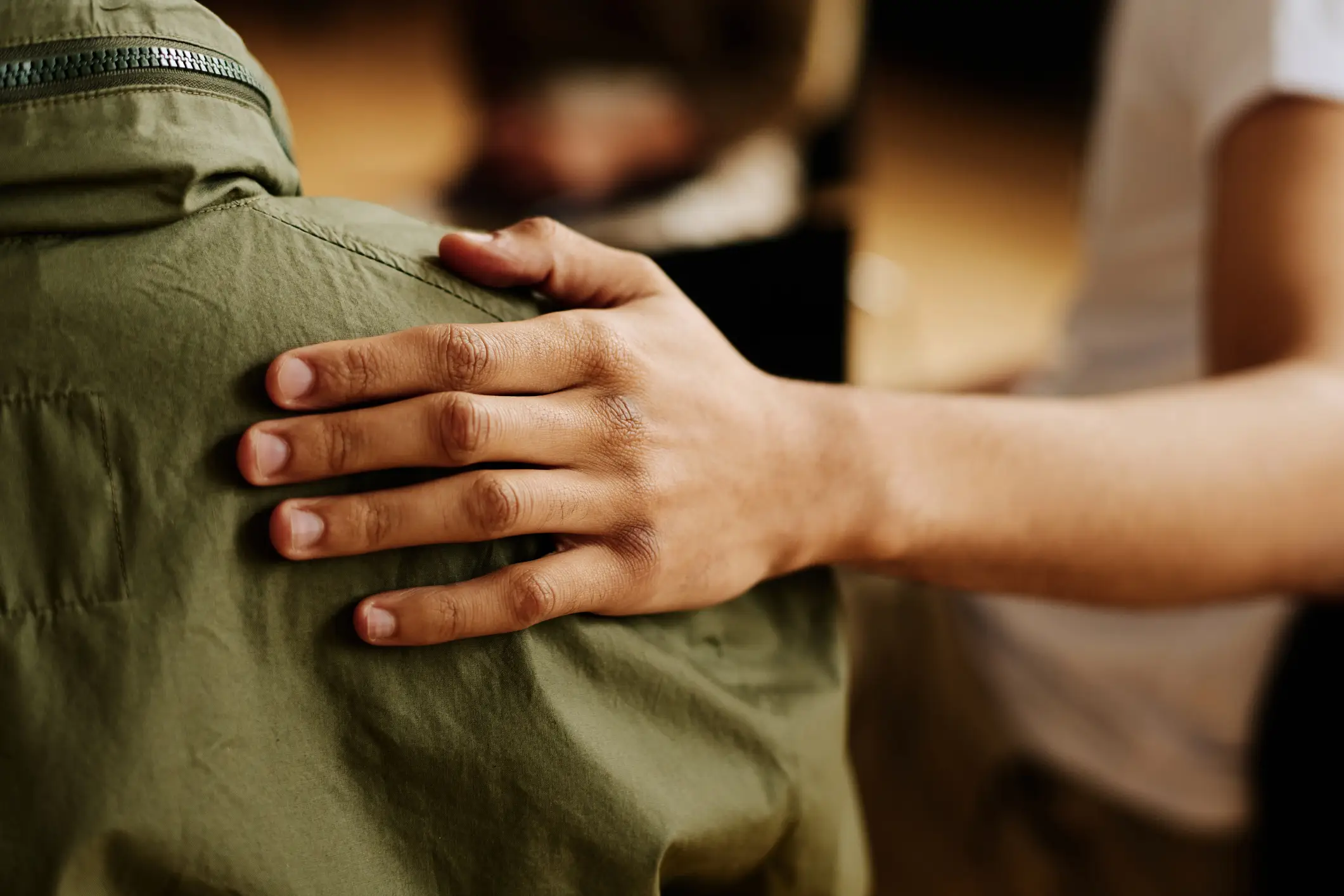There seems to be a fascination surrounding people who have been diagnosed with narcissistic personality disorder (NPD), with many eager to find out more about what the condition actually is and how it may manifest in individuals with it.
According to the BBC, it's estimated around one in 20 people in the UK alone have NPD but the number of undiagnosed cases could be a lot higher.
This means that, without you knowing, you could be in a relationship with a narcissist and be totally none the wiser.
So, to help shed some light on the topic, a trauma therapist has revealed three key things all narcissists are said to have in common.
A trauma therapist has revealed the three key things all narcissists are said to have in common (Getty Stock Image) Lack of empathy
Taking to Instagram, trauma therapist Caroline Strawson explained: "So the narcissist doesn't have any empathy.
"The narcissist also never apologises, and thirdly, the narcissist never takes any ownership or responsibility."
Going into further detail about each term in the caption, Caroline explained that narcissists 'do not feel or care about the emotional impact of their actions'.
"Any display of compassion is often shallow and purely for their own gain," she added.
No ownership
According to the expert, narcissists also 'refuse' to take responsibility for their harmful behaviour and always shifts blame onto others as 'accountability is simply not in their vocabulary'.
Narcissists lack empathy, never apologise and never take ownership (Getty Stock Image) No genuine apology
And, lastly, Caroline warns that while narcissists may say the words, their apologies are 'never sincere'.
Instead, they use them as a way to 'manipulate and keep their narcissistic supply hooked'.
What is a narcissistic supply?
In psychoanalytic theory, narcissistic supply is a pathological or excessive need for admiration, attention, or validation that narcissists need from who they deem as 'codependents'.
Warning over narcissists
While it's all good and well knowing the immediate red flags, there's way more to it than simply being able to spot these three things.
According to Caroline, there is a 'but' as narcissists are said to be able to fake empathy.
She carried on: "They can fake an apology. They can fake responsibility if it means they get their narcissistic supply met, which is why it makes it really hard for people like you and I to realise we're even in our relationship with a narcissist."
The therapist warned: "If we're told all of the time 'narcissists don't have empathy, they never apologise, they never take responsibility', and then the person you're with suddenly does - look at the intention on what they need when they apologise, when they take ownership, when they behave in a certain way, acting like they care for you."
Caroline explained that 'many people get stuck' in relationships with narcissists as they 'can fake a lot of these things' as they get a narcissistic supply, which she dubs the 'drug of choice for a narcissist'.

 Rhiannon Ingle
Rhiannon Ingle
